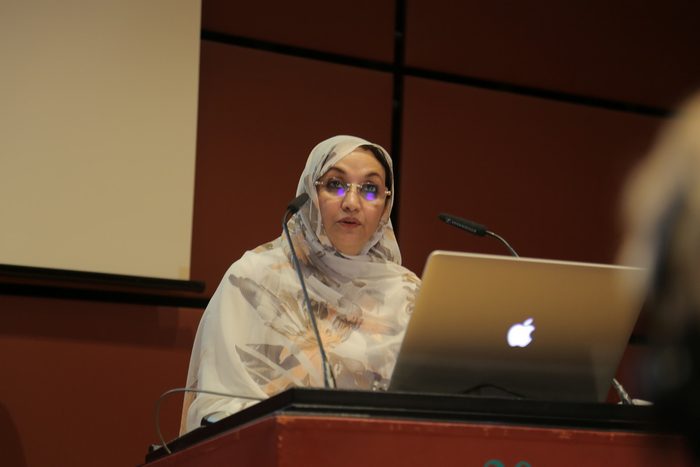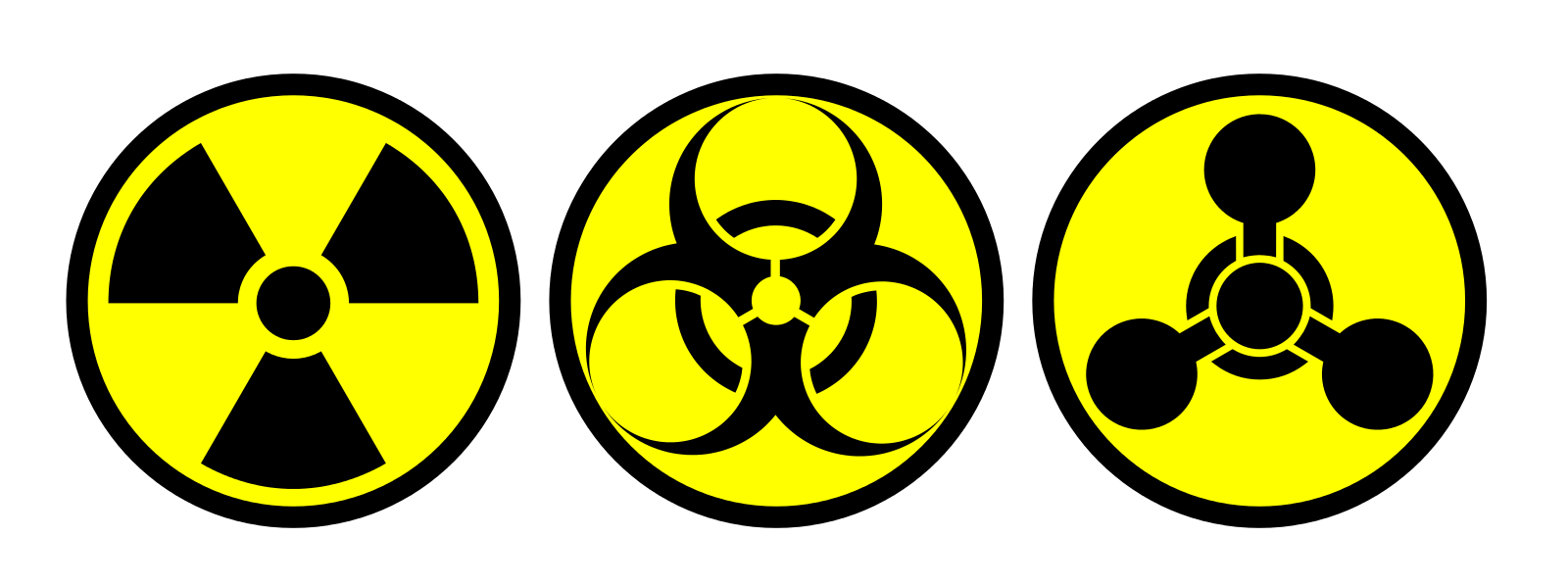Good morning, this is Kasmira, and today we're looking into geopolitical troubles arising from another annexation – that of Western Sahara by Morocco in 1975. Right to Livelihood award winner and human rights defender, Aminatou Haidar, spoke to Geneva Solutions during her recent trip here about a recent attacks – both physical and digital - for standing up for her rights.
Turning to Ukraine, the WHO's representative in Poland told journalists in Geneva yesterday of the exhausted refugees crossing the border, many arriving with decompensated diabetes, with blood pressure, depression, other health problems. Plus, we're listening to an interview with Austria's ambassador in Geneva, Elisabeth Tichy-Fisslberger, about Austria's position on the war in Ukraine. |

|

Western Sahara rights activist Aminatou Haidar speaks at an event in Berlin hosted by the Nordic Embassies, November 2019.(Credit: Abed Alqaisi/Right Livelihood)
|
|
Western Saharan activist: Pegasus attack ‘a new sophisticated tactic’ to undermine our rights.
Aminatou Haidar has been peacefully campaigning for the rights of Sahrawi people and for the independence of her homeland, the majority of which is under the control of Morocco, for well over 30 years but during that time she has been subjected to attacks, physical assault and imprisonment. She says attempts to intimidate her have become more sophisticated after Amnesty International revealed earlier this month that Haidar’s phones had been spied on using Pegasus software. She spoke to Geneva Solutions.
Geneva Solutions (EN)
|
|
Here's what else is happening
|
|
Science and diplomacy reads by GESDA
|
|

(Wikimedia Commons)
|
|
Every year, in their first months, comes a load of index and rankings, more or less interesting and relevant.
The one recently published on artificial intelligence (AI) by the Stanford Institute for Human-Centered AI is worth a look. Especially as it collides with another news.
“There’s a huge amount of interest in AI ethics right now, as judged by participation in [various dedicated] meetings, like the Fairness, Accountability and Transparency (FAccT) conference”, says among other comments the reporter of the IEEE Spectrum article (read below). “For those who haven’t heard of FAccT, the report notes that it was one of the first major conferences to focus on sociotechnical analysis of algorithms. And numbers show increasing industry participation at FAccT, which Daniel Zhang, a policy researcher at Stanford’s HAI and editor in chief of this year’s AI Index, sees as further good news: “This field has been dominated by academic researchers, but now we’re seeing more private-sector involvement.” Zhang says “it’s hard to guess what such participation means for how AI systems are being designed and deployed within industry, but it’s a positive sign.”
In the same last week came another article saying that “it took less than six hours for drug-developing AI to invent 40,000 potentially lethal molecules”, writes The Verge (see below). The author of the study concludes by saying: “I don’t want to be alarmist in saying that there’s going to be AI-driven chemical warfare. I don’t think that’s the case now. I don’t think it’s going to be the case anytime soon. But it’s something that’s starting to become a possibility.”
The article doesn’t say if the scientist took part in the FAccT conference. But it underlines his motivation for publishing that paper: "We just want more researchers to acknowledge and be aware of potential misuse. When you start working in the chemistry space, you do get informed about misuse of chemistry, and you’re sort of responsible for making sure you avoid that as much as possible. In machine learning, there’s nothing of the sort. There’s no guidance on misuse of the technology. So putting that awareness out there could help people really be mindful of the issue."
- Olivier Dessibourg, GESDA
(EN)
|

This selection is proposed by the Geneva Science and Diplomacy Anticipator
GESDA, working on
anticipating cutting-edge science and technological advances to develop innovative and inclusive
solutions for the
benefit of the planet and its inhabitants.
|
|
GS news is a new media project covering the world of international cooperation and development. Don’t hesitate to forward our newsletter!
Have a good day!
|

|
|
Avenue du Bouchet 2
1209 Genève
Suisse
|
|
|
| |










